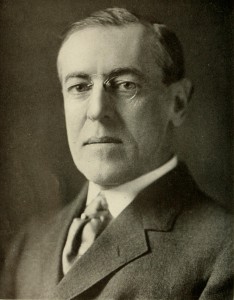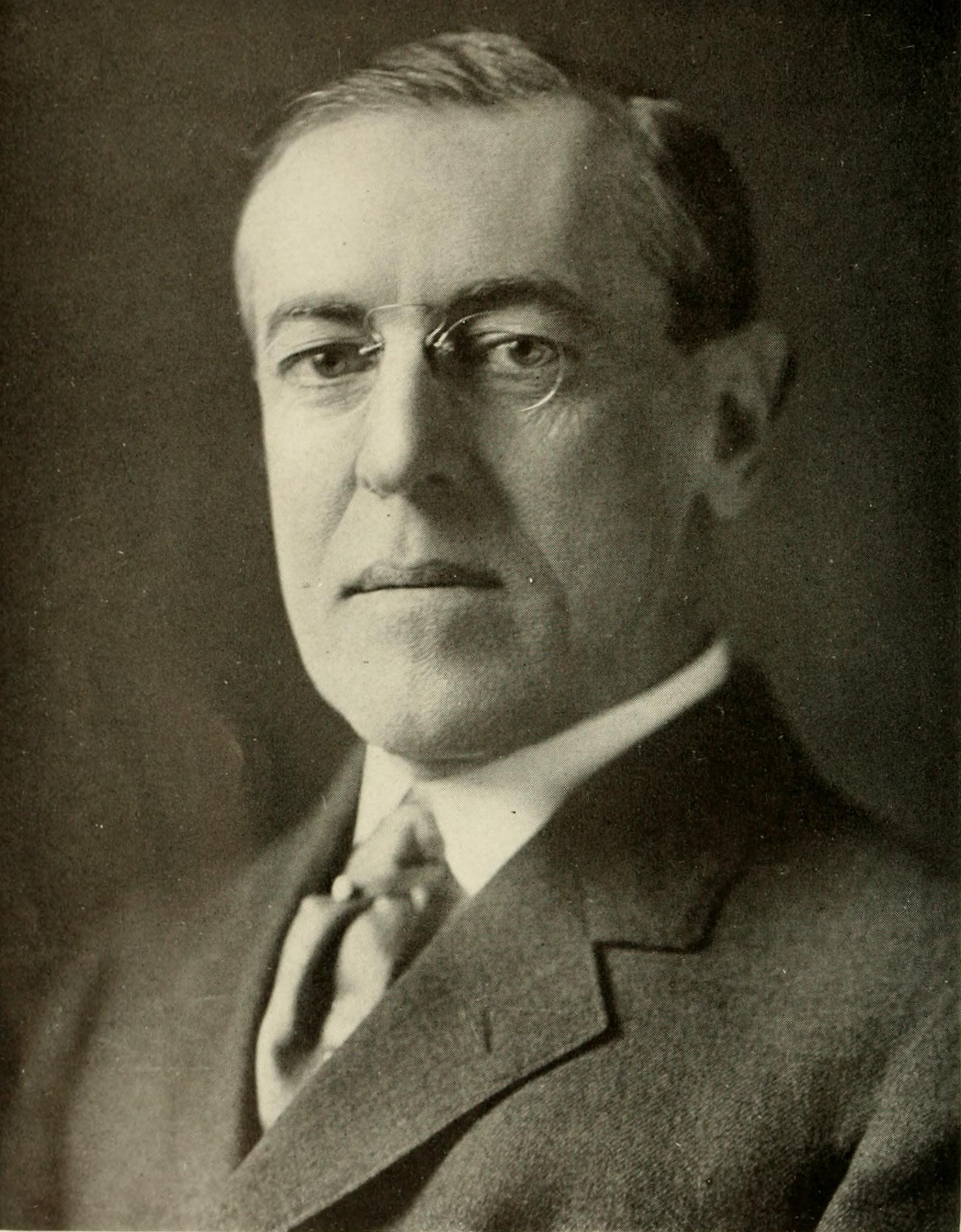 To Robert Shaw Sturgis
To Robert Shaw Sturgis
Via Santo Stefano Rotondo, 6
Rome. October 21, 1946
You seem to be beset by pessimistic people in regard to public affairs and the future; and as responsible editor and representative of healthy public opinion, you feel bound in any case to be hopeful and encouraged. Now what I feel is that there is never any occasion to deprecate bad omens or unpleasant possibilities. If the apprehension is groundless, it may be disregarded or laughed at—refuted by good sense; but if it is well-grounded, that fact does not undermine your moral principles or opportunity to live up to them. You can do just as much good in bad times as in prosperous times, perhaps more. There is no occasion, therefore, for being confused by the uncertainty of the future. You may be able, when things threaten to disappoint current hopes, the better to revise your borrowed opinions and discover what you really value, even if it should not be destined to prevail. There is something else, perhaps, in your feeling: a sort of obligation to believe certain matters of fact, about the triumph of democracy, for instance, even if the evidences were against it. In a little book written by Julien Benda (a French Jewish philosopher) in New York during this war, I have found a clear statement on this point, given in a quotation from our Harvard sage Perry. Democratic principles, says Benda, are dictated by the conscience, not by experience or custom. And he quotes Perry to the effect that a 100% American cannot admit the possibility that democracy should disappear. Any suggestion to that effect causes “bitter resentment”. This, I should say, is particularly true of those in whom (as in Perry, a Princeton man, and Pres. Wilson, another) Puritan and Jewish sentiments are still prevalent. Politics rests on a .Covenant. with God, so that fidelity to a special revealed law and everlasting, prosperity and victory are inseparable. This is what in the book I am now writing, “Dominations and Powers” I call a militant as against a generative society; that is, one intentionally chosenand imposed, rather than one that has grown up by an unintended concourse of circumstances and interests. In this respect democracy is intolerant and totalitarian: that is, it claims exclusive rightness for its system regardless of natural growths and diverse ideals. Benda, who is a doctrinaire, doesn’t mince matters on this point. Nor do the Russians. I am very happy with a lot of new books, but my work advances slowly.
From The Letters of George Santayana: Book Seven, 1941-1947. Cambridge, MA: The MIT Press, 2006.
Location of manuscript: Collection of Robert Shaw Sturgis, Weston MA
